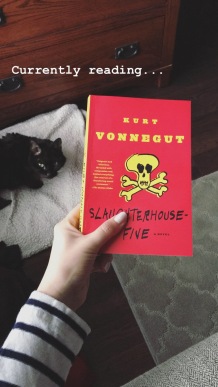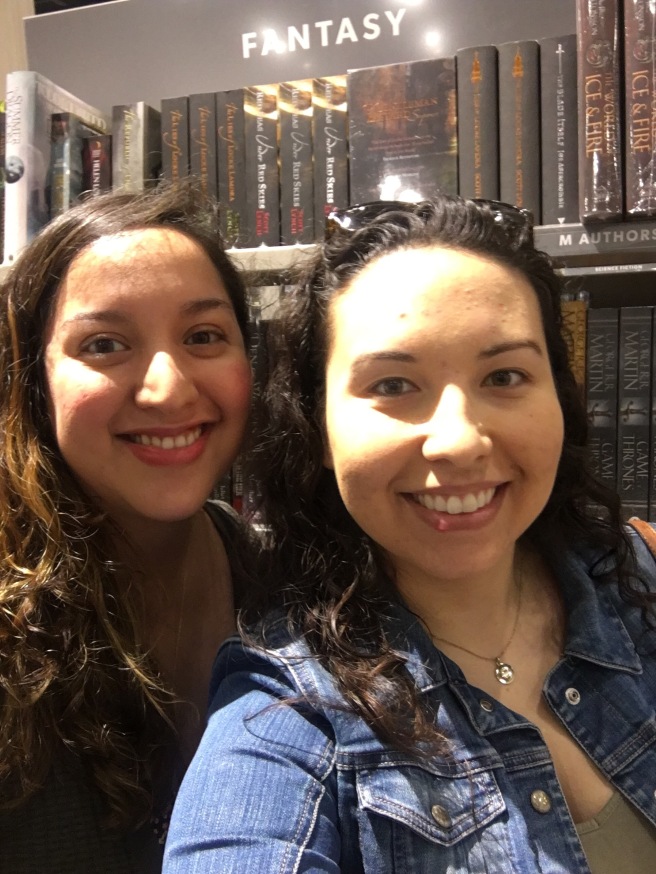 Since the beginning of the new year I’ve been going through a bit of a reading slump. For some reason nothing holds my attention anymore and I’m far more likely to waste hours pointlessly browsing Instagram than reading a book.
Since the beginning of the new year I’ve been going through a bit of a reading slump. For some reason nothing holds my attention anymore and I’m far more likely to waste hours pointlessly browsing Instagram than reading a book.
However, this past Saturday I was in Coles and passed by a book with a bright red cover and a familiar title; Slaughterhouse Five by Kurt Vonnegut. It was out of place, as if someone had just left it there because they didn’t want it anymore, and the staff recommendation sticker was from a man named Tyler, which just so happens to by my middle name. So, I decided that fate had brought me to this book to get me out of the slump and luckily I was right.
Never in my life have I read such a poignant and profound commentary on the absolutely devastating and destructive nature of war. This book follows our protagonist, Billy Pilgrim, through his life experience as well as his war experience having fought in World War 2 and been at the bombing of Dresden. Billy is an eccentric character and spends much of the book passively accepting the events that happen to him (so it goes).
This book has a very dark humour and the writing style is one that I find to be quite engaging, but it’s not for everyone. It does deal quite a bit with time travel and aliens, which I interpreted to be the after effects and PTSD suffered by the main character, Billy Pilgrim. However, the book is filled with profound insights about human nature, war, life, and death itself.
Revealing its true nature slowly, we watch as Billy Pilgrim begins to exhibit more and more displays of insanity as a result of several traumatic events in his life. From being at the bombing of Dresden to being the sole survivor of a plane crash years later, Billy finds a way to cope by accepting a very passive manner and outlook on life.
Vonnegut continuously puts forth the idea that war is natural, unavoidable and impossible to prevent. In the scenes where Billy Pilgrim imagines that he was abducted by aliens called Tralfamadorians, he often encounters this idea. When Billy points out that the aliens have a peaceful planet and live without war, one responds:
“Today we do. On other days we have wars as horrible as any you’ve ever seen or read about. There isn’t anything we can do about them, so we simply don’t look at them. We ignore them. We spend eternity looking at pleasant moments” (Vonnegut, p. 150).
That being said, I’d argue that by continuously emphasizing the inevitability of war, Vonnegut is actually forcing the reader to consider that the opposite may, in fact, be true. War is not necessary. War is not the only answer. War is not natural.
I think Vonnegut makes this point by also including the following quote several times throughout the book: “God grant me the serenity to accept the things I cannot change, courage to change the things I can, and wisdom always to tell the difference.” He’s saying that if humans were wise, we could see that we can change our beliefs and opinions about war. It doesn’t have to be this way.
To really get the full picture you have to read this book. I cannot put into words, the way Vonnegut has, how profound his ideas and messages are. I really hope that if you can tolerate a little bit of a messy timeline and some brief alien interludes, that you pick up this book and give it a good read.












